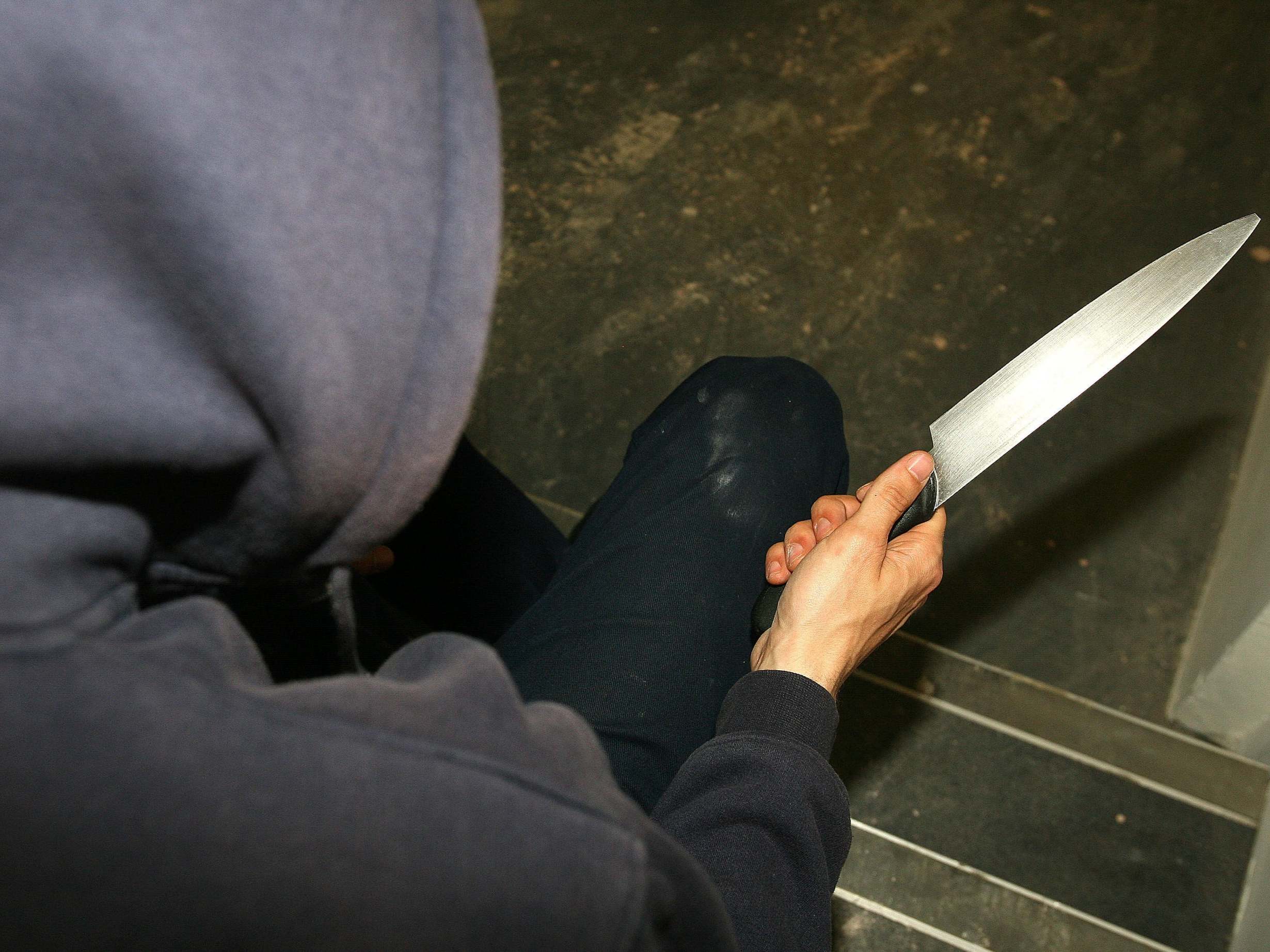Headteachers must ensure excluded pupils stay in full-time education to prevent them joining gangs
Alternative provision can become dangerous for students placed in them, report warns

Headteachers should make sure excluded pupils enter full-time education to reduce the risk of them joining gangs, a report from a government-funded panel has said.
School exclusions escalate the risk of criminals coercing teenagers into knife crime and drug trafficking, according to the Child Safeguarding Practice Review Panel.
Permanent exclusions have been described as a “tipping point” for children to encounter greater risk of harm, particularly if pupils were left waiting for months for alternative provision to be found.
The panel’s review calls for safeguarding agencies and heads to ensure pupils are given a suitable full-time education to compensate for the “rejection” that exclusions can cause.
Activities for pupils recently excluded could include music or football, the review suggests, as these are popular with young males and can help raise their self-esteem.
Some colleges’ decisions not to admit children because of their past behaviour may have propelled them into “greater engagement with criminal gangs” as no alternative offer was available, the independent panel, which was set up by the Department for Education (DfE), has said.
It adds that alternative provision for pupils excluded from schools, such as Pupil Referral Units (PRUs), can also become an “arena for gang rivalries” which become dangerous for students.
The report comes after the government pledged to make headteachers accountable for the exam results of students they exclude to reduce numbers taken out of education.
Last year, former education secretary Damian Hinds admitted the number of exclusions was too high as he endorsed a report by ex-children’s minister Edward Timpson.
Geoff Barton, general secretary of the Association of School and College Leaders (ASCL), said: “Schools are well aware that children at risk of exclusion are themselves vulnerable young people who may also be at risk of being drawn into criminality, and they exhaust every possible alternative before taking the decision to exclude.
“They take that decision in the best interests of other children who have a right to learn in a calm and safe environment.
“What is important is that the child who is excluded then receives high-quality support in a new setting, whether that be in another school or pupil referral unit.
“Headteachers and their staff work incredibly hard to provide this support, and it is important to highlight the fact that over 80 per cent of pupil referral units are rated as good or outstanding by Ofsted.
“However, we clearly have to do more to ensure that good alternative provision is available and accessible in every area of the country.”
The panel’s annual report also found that hundreds of children died or were victims of abuse and neglect after concerns for their welfare had already been raised with social services.
Councils are duty-bound to report safeguarding incidents where a child has died or suffered serious harm to the panel, which was set up in July 2018.
A Local Government Association (LGA) spokesperson said: “Councils have been working hard with their partners to respond to changing and emerging threats to children and young people, including criminal exploitation.
“However, with children’s social care teams now starting more than 500 child protection investigations every day, their resources are being pushed to breaking point.”
A government spokesperson said: “Every child deserves to be safe and we are taking urgent action, including recruiting more social workers and intervening to help vulnerable families stay safely together.
“We are also investing an extra £1bn in adult and children’s social care in every year of this parliament and undertaking an independently-led review into the care system so children and families receive the best possible support.
“We are committed to protecting young people most at risk of exploitation, including putting £220m into initiatives that intervene earlier to prevent them from getting involved in serious violence.”
Join our commenting forum
Join thought-provoking conversations, follow other Independent readers and see their replies
Comments